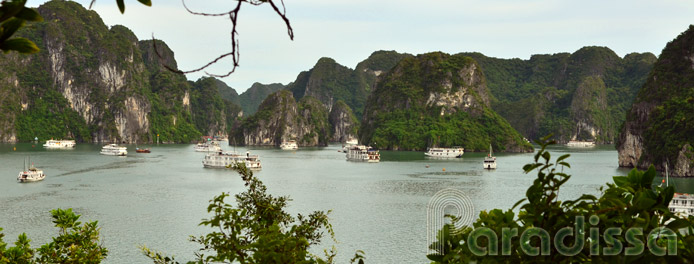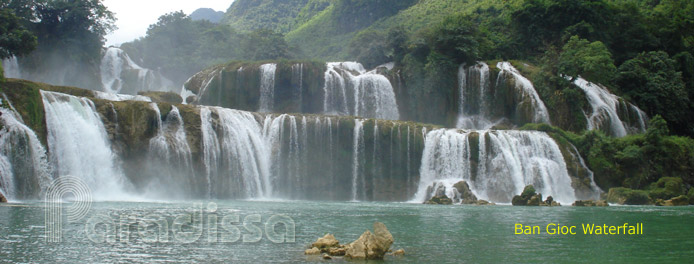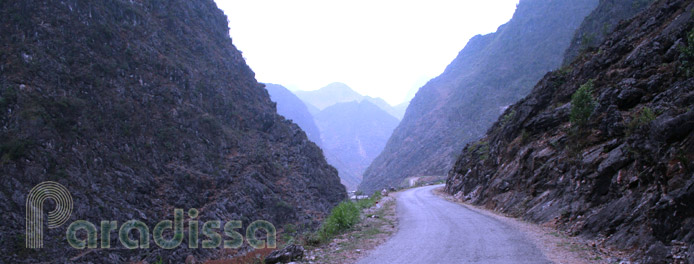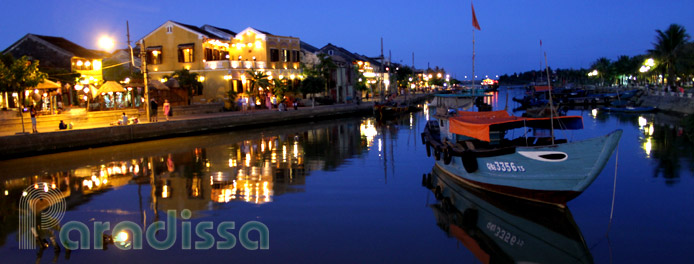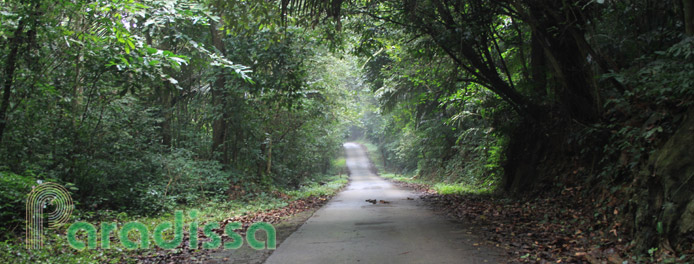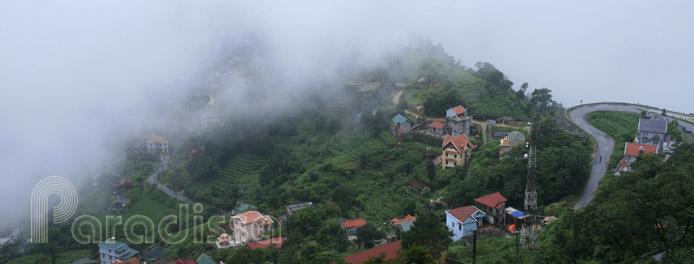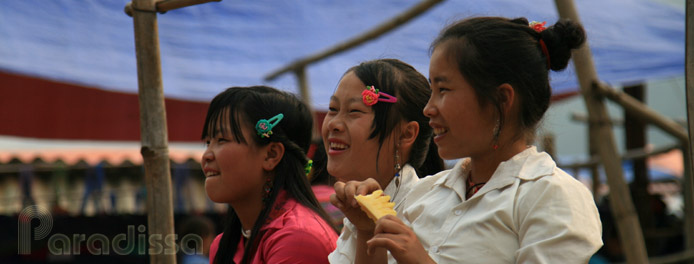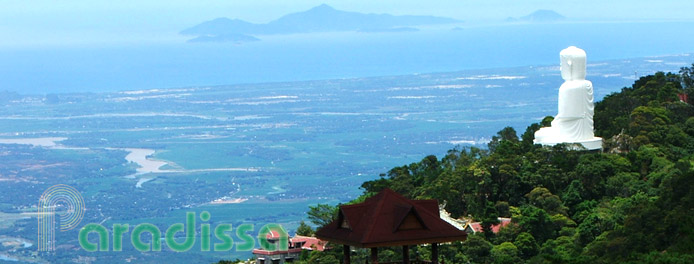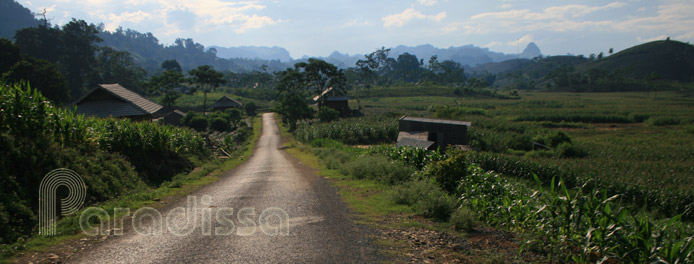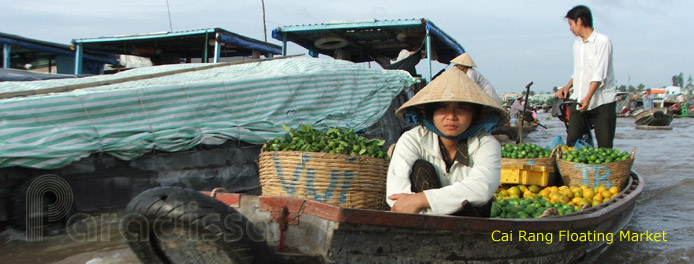This is a general guide to health travel for Vietnam such as compulsory vaccinations, health risks, travel insurance, first aids and medications... You are to consult your doctor for the expertise advice specifically for you when before departing on the holiday to Vietnam, though.
Core Health Indicators:
Life expectancy at birth (years) males: 69.0 (2004)
Life expectancy at birth (years) females: 74.0 (2004)
Healthy life expectancy (HALE) at birth (years) males: 59.8 (2002)
Healthy life expectancy (HALE) at birth (years) females: 62.9 (2002)
Probability of dying (per 1 000 population) between 15 and 60 years (adult mortality rate) males: 197 (2004)
Probability of dying (per 1 000 population) between 15 and 60 years (adult mortality rate) females: 122 (2004)
Probability of dying (per 1 000 population) under five years of age (under-5 mortality rate) males: 24 (2004)
Probability of dying (per 1 000 population) under five years of age (under-5 mortality rate) females: 22 (2004)
Total expenditure on health as percentage of gross domestic product: 5.4 (2003)
Per capita total expenditure on health at international dollar rate: 164 (2003)
Source: WHO including 'World Health Statistics 2006' and 'The World Health Report, 2006 Edition'
The following are offered as guidelines only for your considerations:
1. WHO guidelines issued in 1973, stipulate a cholera vaccination certificate is not an official condition of entry to Vietnam. However, cholera is a risk in the country and precautions are essential. Up-to-date advice should be sought before deciding whether these precautions should include vaccination, as medical opinion is divided over its effectiveness.
2. Malaria risk doesn't seem to exist much among the local Vietnamese nowadays, but foreign travellers in Vietnam should excercise precautions when traveling in the country except urban areas. The risk exists in the southern provinces of Bac Lieu and Ca Mau.
The malignant falciparum form is reported to be highly resistant to chloroquine and sulfadoxine-pyrimethamine.
3. Vaccination against typhoid is advised.
4. A Yellow Fever vaccination Certificate is required from Travellers over 1 year of age if arriving within 6 days of visiting infected areas.
Health risks
Bilharzia (schistosomiasis) is present in the delta of the Mekong River. Avoid swimming and paddling in fresh water; swimming pools which are chlorinated and well maintained are safe.
Dengue fever can be epidemic.
Dysentery, both amoebic and bacillary, can occur.
Filariasis is endemic in some rural areas
Hepatitis A, B and E occur; precautions should be taken.
Japanese encephalitis is a risk in Ha Noi and in rural areas. A vaccine is available and Travellers are advised to consult their doctor prior to departure.
Plague rarely occurs.
Rabies is present. For those at high risk, vaccination prior to arrival should be considered. If bitten, seek medical advice without delay.
Trachoma rarely occurs.
Typhoid fever can occur.
Health Care Facilities
There are hospitals in major towns and cities, and health care clinics in all provinces, however facilities are limited everywhere and there is a lack of medicines.
There are advanced, modern facilities in both Ha Noi and Ho Chi Minh City with special wards set aside for Foreigners.
Health insurance is essential and should include cover for emergency repatriation by air.



















